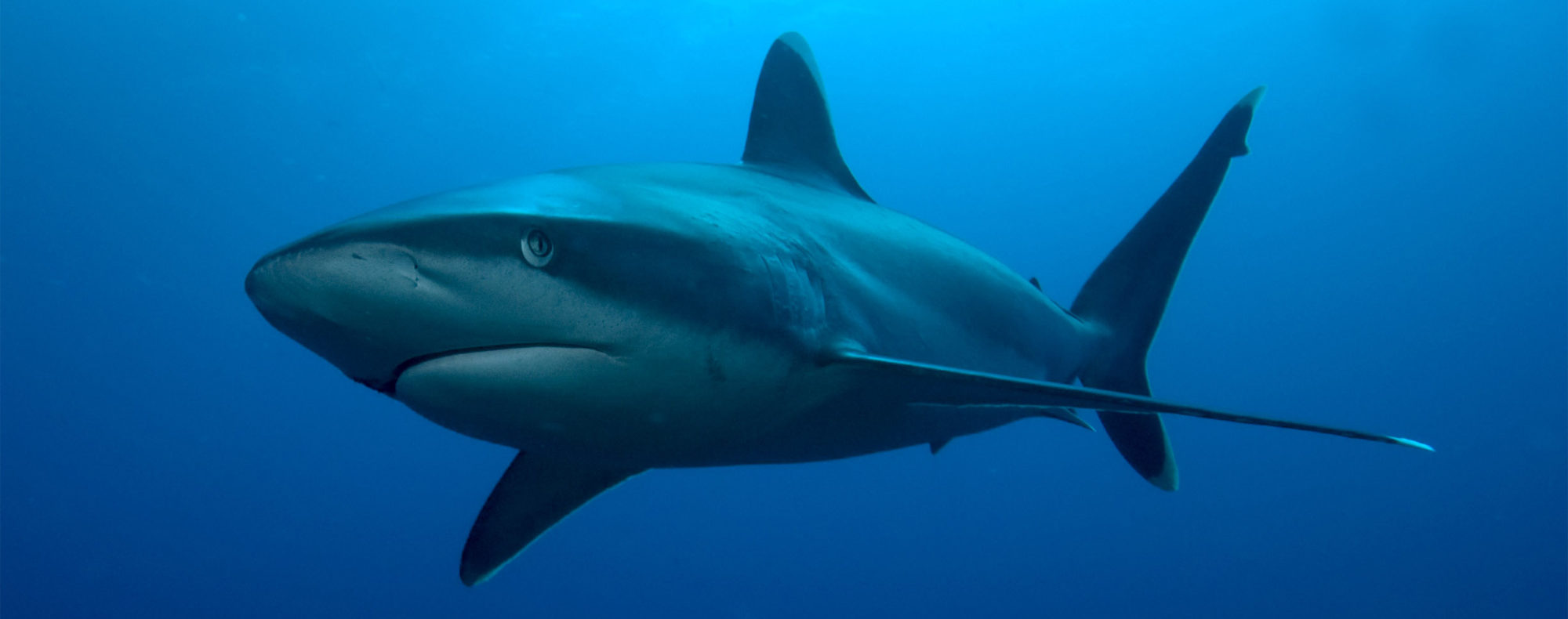The 4th International Whale Shark Conference, 16–18 May 2016, Doha, Qatar
Global shark protection by Dr. Ralf P. Sonntag
Sharks have been exploited over decades with very little or no management at all. This had devastating effects on many shark populations around the world. A récent report published by the IUCN Shark Specialist Group in 2014 showed that globally close to 25% of sharks and rays are threatened with extinction. They face more threats today then ever before in history. Primary drivers for this overfishing, as well as much of the bycatch related mortality, is the demand for shark fins used in shark fin soup, the demand for cheap shark meat and other traditional products, as well as the lack of management control along the whole trade chain.
Approach
In this respect CITES (Convention on International Trade in Endangered Species of Wild Fauna and Flora) is a good instrument to help in achieving a more sustainable use of sharks and a more species specific management. Another global convention to adresse this issue is the Convention on the Conservation of Migratory Species (CMS) and the associated “Sharks MoU.” However, one of the arguments used against further listing of shark species in these conventions is the difficulty of implementation and enforcement. To address this issue, many governments were approached with the offer to do implementation workshops by different NGO’s. An important aspect of these workshops is the training of the participants to identify protected species or parts, especially fins, of these animals.
Results
Whale sharks were among the first two species which got some international protection through their listing on App 2 in CITES in 2002. This has been followed by a rising awareness and additional protection in CMS, different regional fishery regulations or national regulations. This was supported by a whole series of workshops organized by dfferent NGOs, governments and CITES. This has led to a better understanding of the issue and subsequently to additional listings of sharks and manta rays during the last CITES conference in 2013 in Bangkok.
Conclusions
Since then, aditional workshops have been held and will hopefully lead to better data collection, a more species specific management and ultimately enhanced protection of sharks. They will hopefully help officials in fishery and customs to implement and enforce these new regulations to better manage sharks. First results show positive effects especially in the Middle East and aditional species are proposed to be listed in the above mentioned conventions. This talk informs about international protection of whale sharks and about the recent new CITES and CMS listings of sharks – what they mean and the efforts and global cooperation between NGOs and governments to get there.
Thank you to Dr. Ralf P. Sonntag, and for video to © Phillipe Gilbert.

Commentaires récents